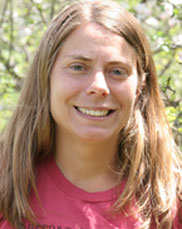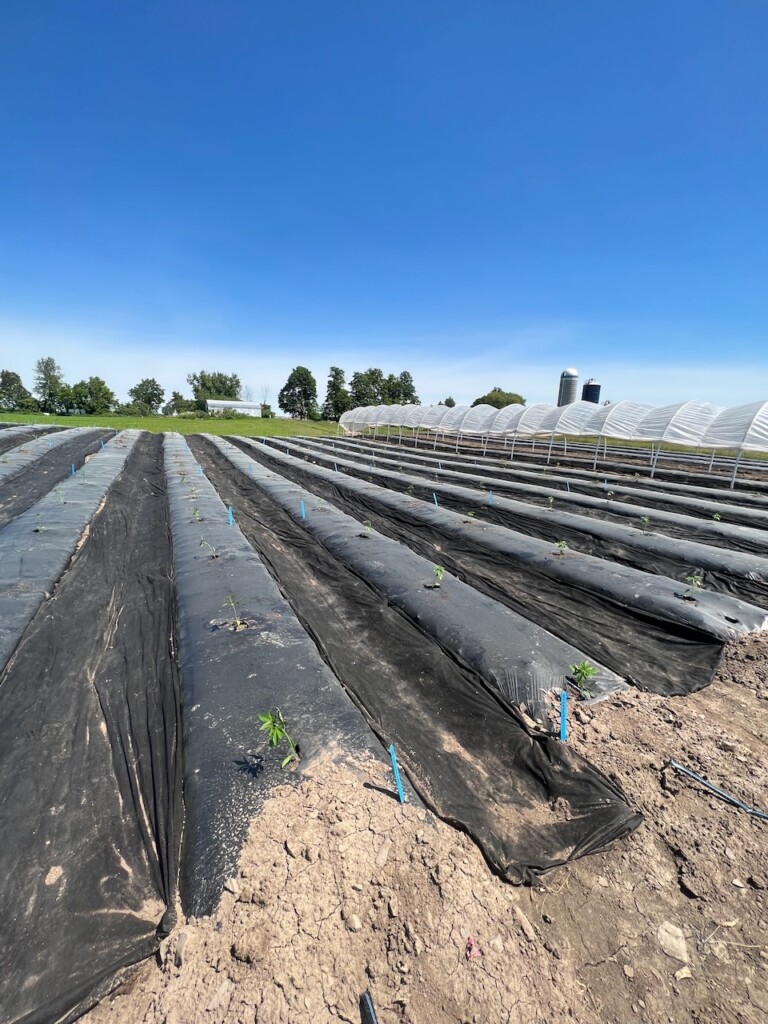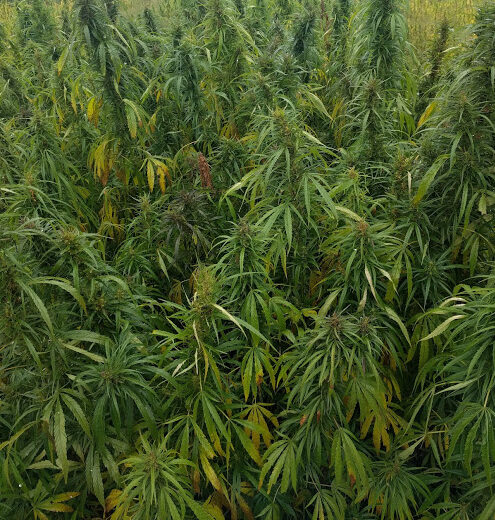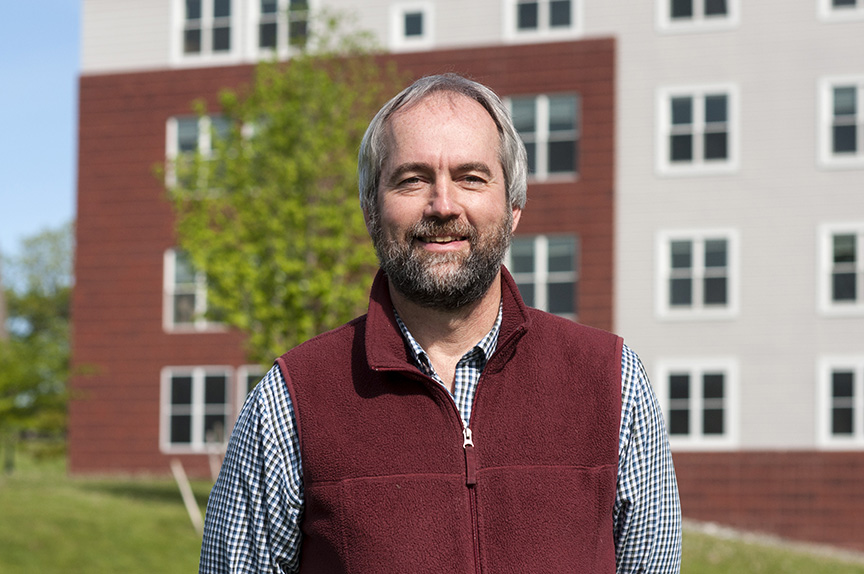Growing hemp has become a popular agricultural pursuit in recent years. The demand for CBD oil, textiles, and other hemp-derived products is higher than ever, and farmers are looking to cash in on this rapidly growing industry. However, hemp is a relatively new crop, and many farmers don’t know how to grow it efficiently.

Agronomist Heather Darby, PhD, and her team of researchers at the University of Vermont Extension Northwest Crops and Soils Program (NWCS) conduct ongoing trials to provide farmers with the real-time information they need to grow the highest-quality hemp.
“We work on grain, fiber, and essential oil hemp or hemp grown for the flower. Those flowers are going into markets that utilize the flower for the various compounds in the plant’s tricones. Cannabidiol (CBD) is just one of those, and there are all kinds of cannabinoids of interest to different parties,” Darby said. “Being an agronomist, my focus is on all things growing so from the soil until it makes its way to wherever it is sold.”
Darby says by following a set of best practices, farmers can influence the growth and productivity of their hemp plants. The NWCS program is working to define those best practices through annual industrial hemp trials at Borderview Research Farm in Alburgh, Vermont. From small grains and corn to hops and oilseeds, 3,500+ experimental plots are established and evaluated annually at the farm, and results are shared through 40 annual research reports.
Managing Soil Quality and Nutrients in Hemp Production
One of the most critical factors in growing high-quality hemp is soil quality. Hemp plants require nutrient-rich soil to thrive, and it’s a careful balance. Darby and the team at NWCS conduct multiple annual trials associated with managing soil and nutrients.

“We have research looking at proper nutrition rates from nitrogen to phosphorus to potassium and micronutrients and what’s needed to grow a high-yielding, very healthy, high-component hemp and what’s too much,” Darby said. “Sometimes too many nutrients harm plants. They can cause diseases, attract pests, and can suppress the level of cannabinoids in the plant; so we are trying to get a handle on how we can take care of the nutrient needs of hemp so we are getting the output that we want and not causing harm to the plant or the environment.”
Darby said the timing of nutrient application is also essential, and her research works to understand when a plant will be taking up nutrients.
“When the plant gets the nutrients it needs, when it needs them, they can be utilized and not lost,” Darby said.
Learn more from Dr. Darby and the Cannabis team through the cannabis professional development programs at the University of Vermont.
The NWCS 2021 Hemp Flower Nitrogen Fertility Trial report notes that the majority of nitrogen uptake occurs during the first month of growth during vegetative periods, a critical growth period for high cannabinoid hemp.
“You’re reducing input costs and maximizing quality, not just increasing yield, but also quality so that you’re getting more and using less,” Darby said, “and using precision and research to figure out how to do that, so it’s not just a shot in the dark.”
Darby says farmers also want to be able to test their crops and provide the necessary amendments. But, unlike the tests readily available for other commodities like apples and corn, there is no test currently available for hemp plants.
“How does a farmer know if a plant needs more nitrogen? We are working to create an in-season in-field test to be able to help farmers determine if their crop needs more nitrogen at any given time so that farmers can make more informed, precise nutrient applications,” Darby said.
Growing Less Wasteful Plants
Producing products from hemp, like CBD oil, is an inherently wasteful process that doesn’t utilize the whole plant.
“You’re taking the flower and extracting the oils, and then you have all this plant matter left, and what do you do with that? Is it waste, or can it be recycled or composted?” Darby questioned.
Another annual research trial through NWCS looks at what plants achieve the highest yield and quality components with less plant matter.
“We are evaluating varieties, so we understand what produces the most flowers and less other materials, which is important from all perspectives.”
Larger buds and fewer stems mean more usable product and less waste. It makes harvest less time-consuming and labor-intensive too. The research trial also evaluates plants for their disease susceptibility, compliance with regulatory standards, and levels of cannabinoids and compounds.
The NWCS 2021 Hemp Flower Variety Trial report notes the highest values of total potential CBD were seen in Suver Haze, Lifter Seedless, Hemp Kush, and Cherry Blonde, to name a few.
“We conduct a trial every year because new material is coming on the market and some leaves,” Darby said, “There has been a significant consolidation already in the CBD market, so the varieties available are becoming limited.”

How to Access the Latest Hemp Research
By following best practices, farmers can set themselves up for success when growing hemp. Factors like soil quality, nutrient needs, and variety selection are all critical in producing high-quality hemp that can be used for CBD oil, textile production, or other purposes in the most sustainable way.
“Our goal is to create information that farmers need and to provide them access to the information and hopefully some of the answers,” Darby said. “They provide us with constant feedback about what works and doesn’t work… it’s great to engage directly with the farming community because we can be relevant to their needs.”
View the results of the annual UVM Extension NCWS industrial hemp trials, and find information about field demonstrations, their annual hemp conference, and free hemp courses.




